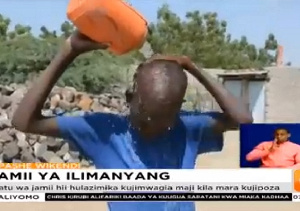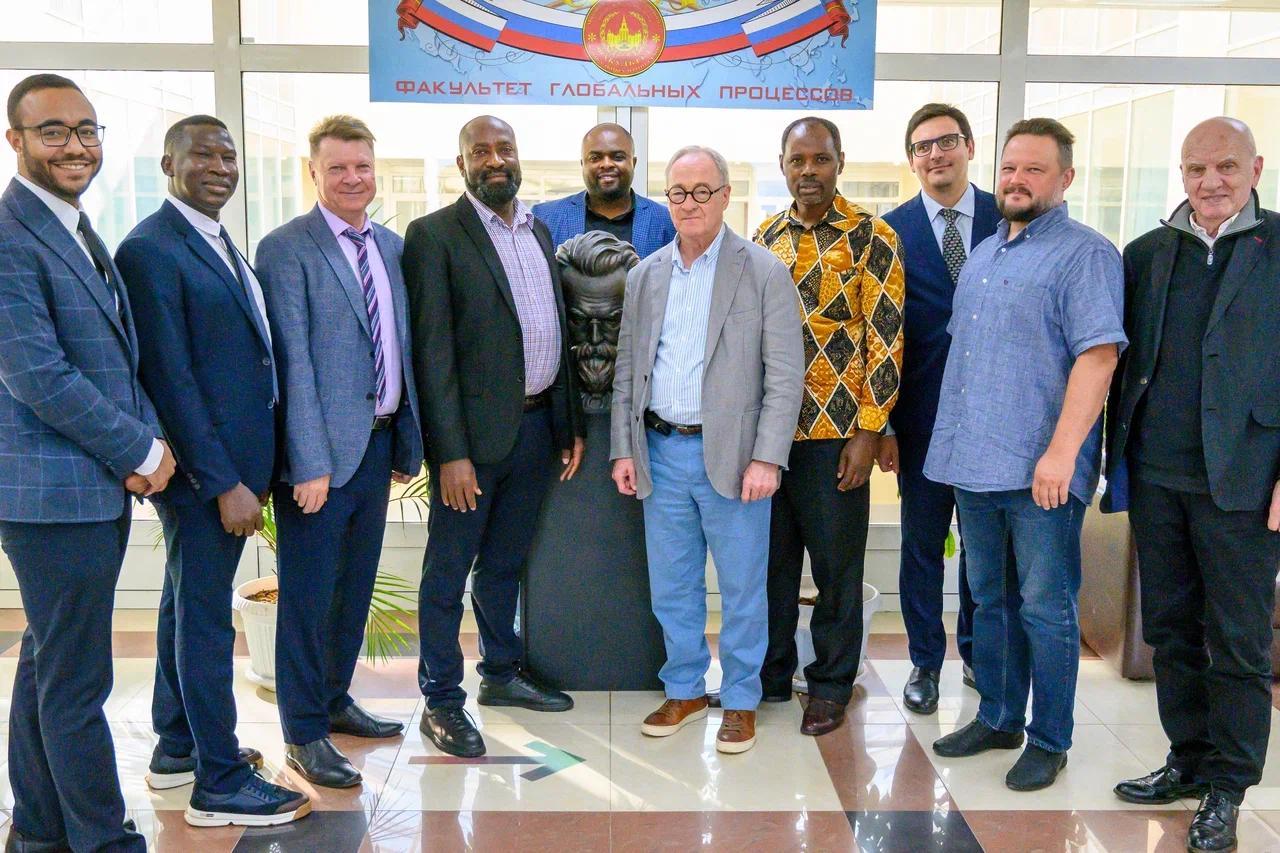Inside the Kenyan community where people don’t sweat at all

They are forced to move around with jars and jerricans to cool their bodies almost every hour when temperatures rise. And this is because their bodies have no pores, a condition that makes their body temperatures rise to a higher level. With no pores, they also do not sweat, according to Kenyan media The Standard.
This group of people, with a rare disorder, form the minority Ilimanyang community living at Kapua village on the shores of Lake Turkana in Kenya. There are about 39 people in the community at the moment.
Due to the rare condition, most community members die at a young age. And so for years, the group has been calling for special recognition as a community with a rare disorder so that health authorities closely monitor them and give them increased attention.
The Standard reports that nearly two centuries ago, a Turkana man called Ilimanyang married a woman from the minority El Molo in the neighboring Marsabit County.
The result was the Ilimanyang minority group. With their existence depending on water, their condition appears among males. Their skin disorder is passed from fathers to their male children, health authorities say.
Members of the minority group, largely males, have dry skin and no hair on their heads. They have only two front incisors teeth, a bald head with “sparse brown hair and cracking skin.”
To cool their bodies, they always have water around them and are even forced to carry water when they have to step out.
Parents have to closely monitor their children and ensure that water is within their reach even when they are playing with other kids.
“We have only two teeth (incisors). And unlike other children, Ilimanyang children can’t chew a meal of maize and beans offered at school,” Peter Lomonta, a member of the community, told The Standard.
So far, members of the community that moved away from the lake and intermarried with other communities do not have the rare disorder.
Health experts have warned the Ilimanyang against intermarrying to stop passing on the traits. As a community, they believe that this disorder is a curse.
“Our great-grandparents told us that a long time ago, our ancestors raided a community within Turkana, killed and stole livestock. The rival community cast a spell and that is why we are living with disorders,” Levies Ekai, an Ilimunyang, said.
According to the Genetic and Rare Diseases Information Center (GARD), a genetic skin disease known as hypohidrotic ectodermal dysplasia (HED) has common symptoms that include missing teeth, sparse scalp and body hair, and reduced ability to sweat.
The health website says there is no specific treatment for HED. “The condition is managed by treating the various symptoms. For patients with abnormal or no sweat glands, it is recommended that they live in places with air conditioning at home, school and work,” it says.
“In order to maintain normal body temperature, they should frequently drink cool liquids and wear cool clothing. Dental defects can be managed with dentures and implants.
“Artificial tears are used to prevent cornea damage for patients that do not produce enough tears. Surgery to repair a cleft palate is also helpful in improving speech and facial deformities,” it adds.
The Mayo Clinic says that “when you don’t sweat (perspire), your body can’t cool itself, which can lead to overheating and sometimes to heatstroke — a potentially fatal condition.”
Over the years, non-governmental organizations (NGOs) that have visited the Ilimanyang on the shores of Lake Turkana provide them with skin ointment to protect them from direct sunlight and heat, locals said.
Today, residents, who fish especially for a living, rely on the lake for their survival. They mainly eat fish and sometimes squirrel meat and turtle.






